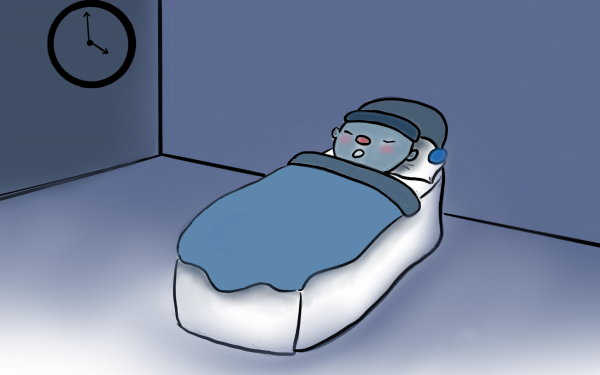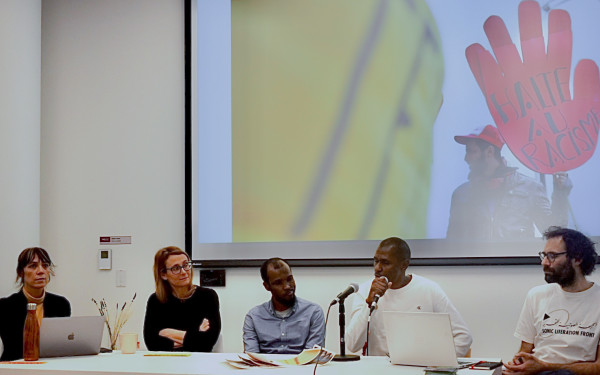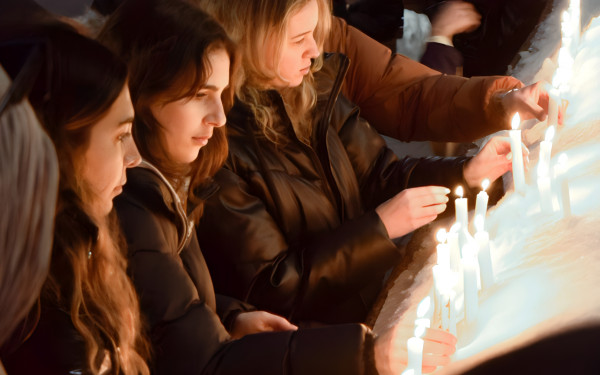Challenge for change
Firstly, with our nation at war and no leader with any vision federally or provincially in sight, the humour section of The Link was deeply appreciated. Humour is the most difficult writing to create, as it is very easy to report tragedy.
On a more serious note, the very fine journalist Matthew Brett wrote a powerful article on the state of our education (Vol. 30, Iss. 28, March 30). We are the inheritors of the grand tradition of Socrates that asked every important question of his student Plato, who proposed a Utopia, and his student Aristotle, who said “let us investigate.”
It has been the hope of civilization that with our infinite capacity for knowledge, education would save us. We would have no more hate, no more violence, no war or inhumanity.
Yet, in our parents’ generation, the three most evil people in history in terms of mass murder—Mao, Stalin and Hitler—flourished at the same time that Einstein took the mantle from the greatest scientific mind until that date, Newton. Bertrand Russell and Jean-Paul Satre challenged the wisdom of Aristotle and Plato respectfully and James Joyce demonstrated that William Shakespeare was not alone as the greatest universal artistic genius.
The most difficult aspect of the universe to change is the human mind and human behaviour. One can only hope with the work of social scientists such as Philip Zimbardo on the psychology of evil that deliverance will one day come.
_David S. Rovins,
Independent Student_
This article originally appeared in Volume 30, Issue 29, published April 6, 2010.





